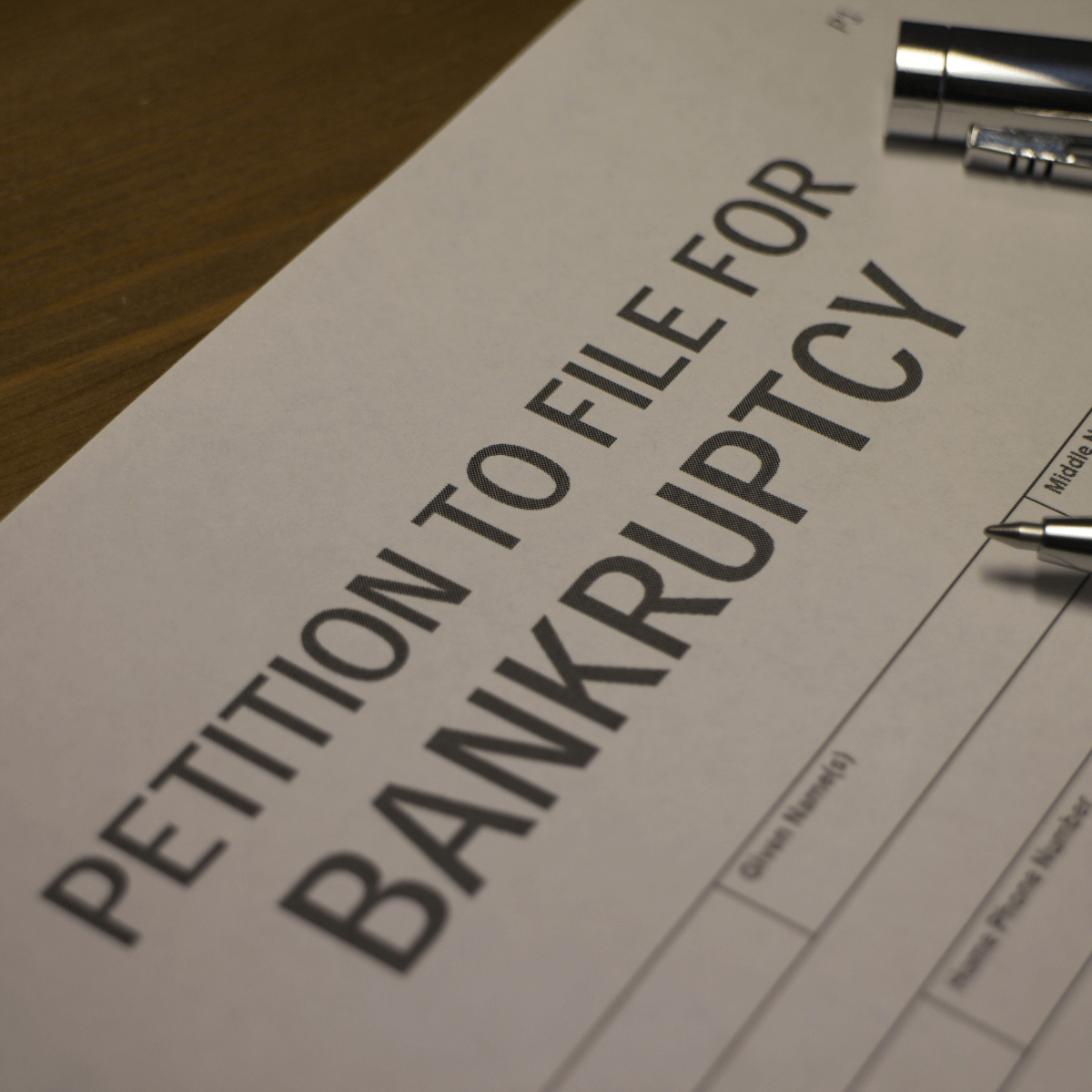The COVID-19 crisis is having a devastating impact on the world’s economy and creating uncertainty that could last for many years.
Some businesses will be more vulnerable than others – the difference between weathering the economic storm and going bust will come down to factors like debt level and management competence, as well as the stability of suppliers and customers.
In this article, we take a more in-depth look at construction – an industry that was already under pressure before COVID-19 – and discover how this latest crisis could push many companies into insolvency.
Confidence Returning in 2019
At the end of 2019 the construction industry was already laden with bad debts of over £753m, which was putting over 63,000 companies in significant financial distress.
Construction had seen a slowdown due to Brexit uncertainty; however, by the end of 2019 there were signs that confidence was returning. In November The Guardian highlighted the sector’s 0.6% growth for the quarter and hailed construction as one of the bright spots in the UK economy.
Instead, the COVID-19 crisis has resulted in the kind of market shock that many distressed businesses in construction won’t survive.
A Sector in Turmoil
You might be forgiven for thinking that construction would be one of the more stable industries. After all, Alok Sharma, Secretary of State for Business, Energy and Industrial Strategy, wrote to the sector at the end of March confirming that sites would be allowed to remain open as long as special site operating procedures were observed.
Despite this, more and more sites have closed and construction companies have halted work, putting a squeeze on both large and small businesses.
Some of the reasons for this include:
Reduced Demand
According to the FT, the IHS Markit purchasing managers’ index for UK construction reported that civil engineering and commercial activity were experiencing weaker demand and reduced market confidence.
Residential builders were also feeling the pinch and expect a further slowdown, as many prospective house buyers will choose to stay indoors rather than go out to viewings.
Supply Chain Issues
Issues with the delivery of materials and equipment had taken hold long before lockdown. Many materials are produced in China, and lots of global trade goes through the country. When coronavirus took hold there, it had an immediate impact on global supply chains.
The spread of the virus and the UK lockdown has meant there have been many delays in delivering supplies and containers have ended up in the wrong place. We’ve written before about the impact COVID-19 could have upon supply chains.
Also, many supply chains consist of self-employed workers who may be off sick, self-isolating or simply unable to work. This has led to more problems, such as:
Delays
Delays are devastating for the industry. Some projects may be suspended for health and safety reasons, while others may be forced to shut down due to a reduced workforce or supply chain issues.
Even those that remain active will face challenges, as the special site operating procedures will put more onerous requirements on daily activity. And, with many people coming into contact with each other, sickness is also more likely on site, which will further contribute to delays.
Cancellations
Delays have a knock-on impact. UK Construction Online explains that many projects are time-sensitive and that contractors will have projects lined up throughout the year. This could result in future projects being lost. Worse still, contractors could also be subject to penalties over delays that are set out in their contracts.
The Insolvency Crisis
In a previous article, we explained that more than 490,000 UK businesses are in significant financial distress and looked at how the COVID-19 crisis is set to double the number of these companies that will fail.
This will leave over £8.6bn of bad debt in the UK economy and cause multiple waves of mass insolvencies.
The construction industry is particularly vulnerable to this kind of crisis. Many of these supply chains consist of small subcontractors with no reserves that will be suffering from poor cash flow, thanks to the Brexit and COVID-19 double whammy. Government support schemes could provide some short-term relief, but won’t help over the medium term.
If larger projects are put on hold or if big contractors go out of business, it will result in a black hole of debt worth millions. This could suck in many of these small, poorly financed firms and lead to widespread insolvency.
Take Action Now
If your business works in or with the construction industry, it’s essential to look out for the early signs of financial distress amongst your customers and take appropriate mitigating action.
The only way companies can protect themselves is by tightening up monitoring and regularly checking the financial health of the businesses they deal with.
Get a free trial today to find out how Red Flag Alert’s company credit checking solution can help your business.




